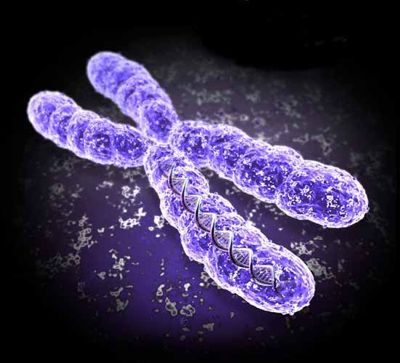Team:Missouri Miners
From 2011.igem.org
| (10 intermediate revisions not shown) | |||
| Line 29: | Line 29: | ||
| - | |||
| - | |||
| - | |||
| - | |||
| - | |||
| - | |||
| - | |||
| - | <div id="box" style="position: relative; width: 740px; margin-left: 30px; top:- | + | <div id="box" style="position: relative; width: 740px; margin-left: 30px; top:-20px; padding: 5px; background-color: #000000;"> |
<div id="template" style="font-weight: regular; font-size: medium; color: silver; padding: 5px;"> | <div id="template" style="font-weight: regular; font-size: medium; color: silver; padding: 5px;"> | ||
<h1>Welcome to the Missouri Miners Wiki page! </h1><br /> | <h1>Welcome to the Missouri Miners Wiki page! </h1><br /> | ||
| - | < | + | The Team of 2011 |
| + | <br /> | ||
| + | <html><embed type="application/x-shockwave-flash" src="https://picasaweb.google.com/s/c/bin/slideshow.swf" width="700" height="500" flashvars="host=picasaweb.google.com&hl=en_US&feat=flashalbum&RGB=0x000000&feed=https%3A%2F%2Fpicasaweb.google.com%2Fdata%2Ffeed%2Fapi%2Fuser%2F111761835993314772451%2Falbumid%2F5654969572600636673%3Falt%3Drss%26kind%3Dphoto%26hl%3Den_US" pluginspage="http://www.macromedia.com/go/getflashplayer"></embed> | ||
| - | + | <br /> | |
| - | + | <br /> | |
| + | <p>We are the Missouri Miners from Missouri University of Science and Technology. Our team formed in 2007 and we've been working hard developing iGEM projects ever since. In the beginning, the team only had a handful of people but, recently, we have grown to 30 hardworking members.</p> | ||
| - | |||
| - | + | <br /> | |
| - | + | <p>Our team is a student organization at S&T and we have been working hard to establish ourselves among the other well known student groups. We are also working towards becoming S&T's newest Student Design Team. Being at a science and technology university, Design Teams have a strong tradition on our campus and are highly respected. We hope to bring a new design aspect to our school and promote the usefulness of synthetic biology.</p> | |
| - | + | ||
| - | + | ||
| - | + | ||
| - | + | ||
| - | + | ||
| - | </ | + | |
| - | + | ||
| - | |||
| - | |||
| - | |||
| - | |||
| - | |||
| - | |||
| - | |||
| - | |||
| - | |||
<br /> | <br /> | ||
| - | < | + | <p>We are very excited to participate in the iGEM 2011 Jamboree!</p> |
</body> | </body> | ||
</html> | </html> | ||
<br> | <br> | ||
Latest revision as of 05:48, 28 September 2011
Welcome to the Missouri Miners Wiki page!
The Team of 2011
We are the Missouri Miners from Missouri University of Science and Technology. Our team formed in 2007 and we've been working hard developing iGEM projects ever since. In the beginning, the team only had a handful of people but, recently, we have grown to 30 hardworking members.
Our team is a student organization at S&T and we have been working hard to establish ourselves among the other well known student groups. We are also working towards becoming S&T's newest Student Design Team. Being at a science and technology university, Design Teams have a strong tradition on our campus and are highly respected. We hope to bring a new design aspect to our school and promote the usefulness of synthetic biology.
We are very excited to participate in the iGEM 2011 Jamboree!
 "
"






